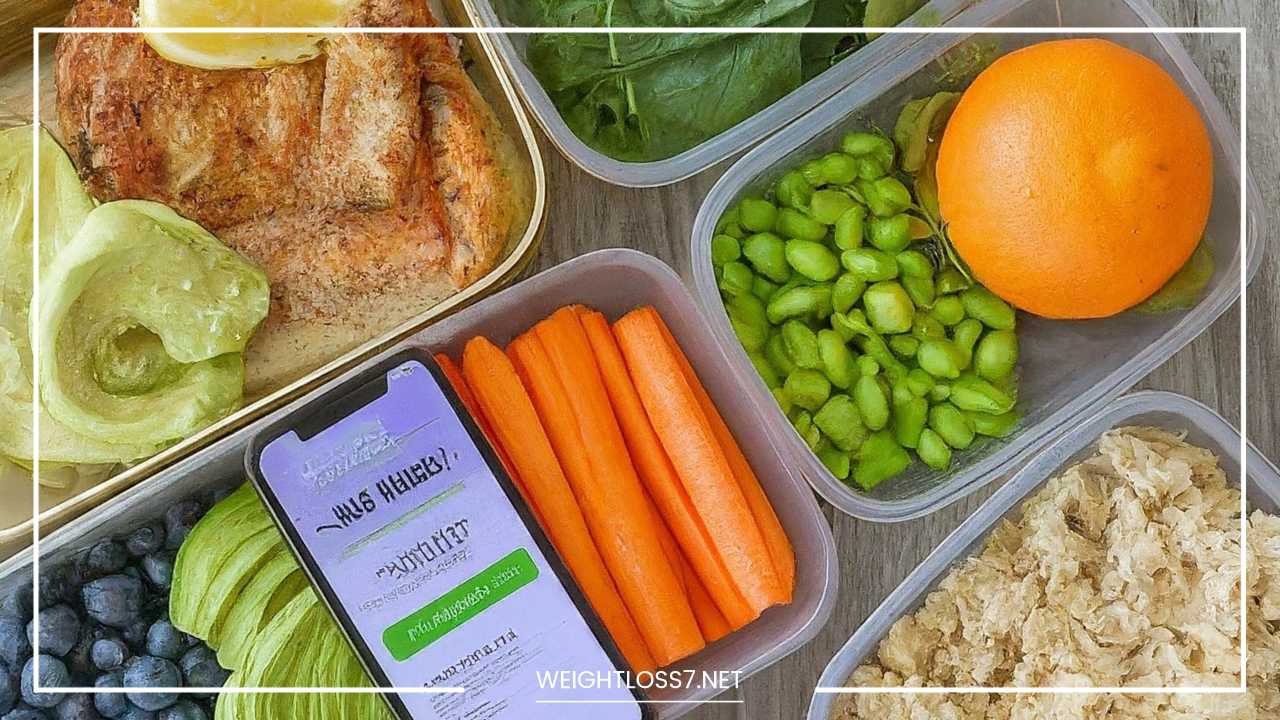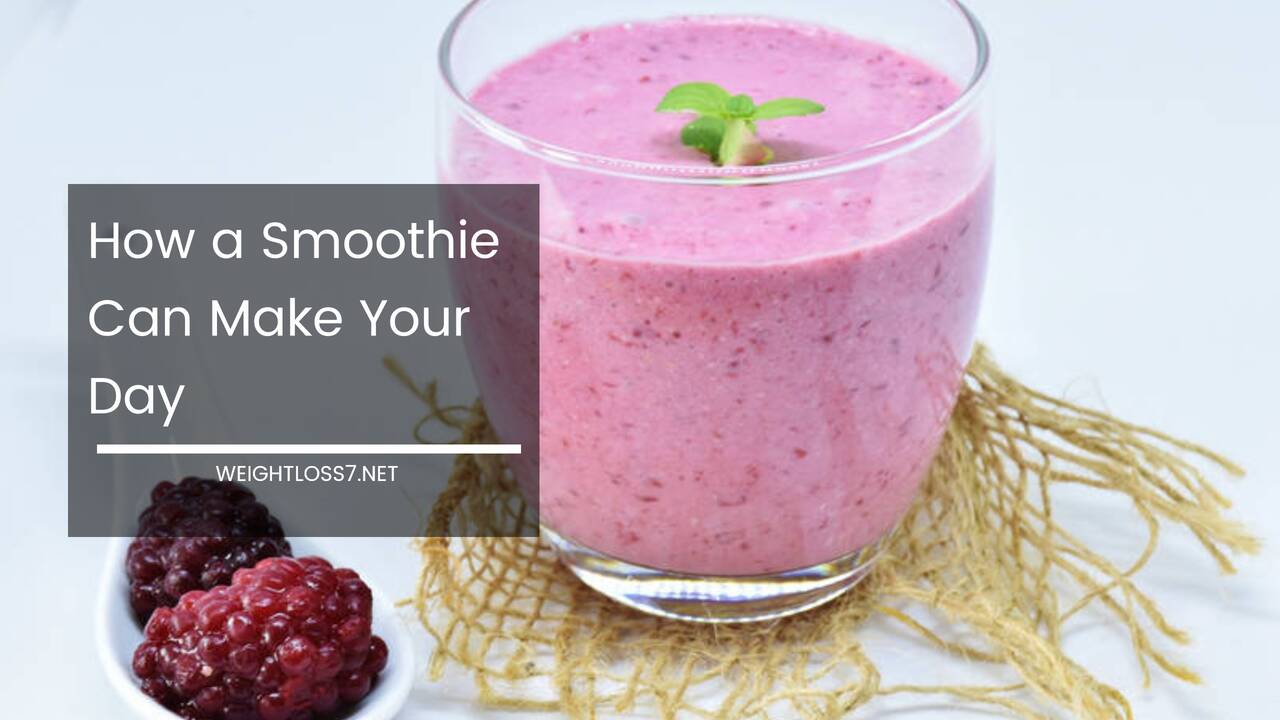Prenatal Vitamin Supplements: Nurturing the Health of Mother and Child

Prenatal Vitamin Supplements
Pregnancy is a transformative and exciting journey, during which a woman’s body undergoes numerous changes to support the development of a new life.
These changes demand an increased intake of essential nutrients to ensure both the health of the mother and the proper growth and development of the fetus.
Prenatal vitamin supplements are an integral part of maternal healthcare, designed to bridge potential nutritional gaps and provide the necessary vitamins and minerals required during this critical phase.
This comprehensive exploration delves into the world of prenatal vitamin supplements, their importance, selection criteria, and specific nutrients, offering guidance for expectant mothers and healthcare professionals alike.
The Significance of Prenatal Vitamin Supplements
Prenatal vitamin supplements play a pivotal role in maternal and fetal health. During pregnancy, a woman’s nutritional needs expand significantly, as she is not only nourishing herself but also supporting the growth and development of the fetus.
While a well-balanced diet is the cornerstone of proper nutrition, it may be challenging to obtain all essential nutrients solely from food sources.
Prenatal supplements are formulated to address these unique nutritional requirements, ensuring that both mother and baby receive the necessary vitamins and minerals to thrive.
- Customized Nutritional Support: Prenatal vitamin supplements are tailored to meet the specific needs of expectant mothers. They are fortified with key nutrients, including folic acid, iron, calcium, and essential vitamins, to support the pregnancy journey comprehensively.
- Prevention of Nutritional Deficiencies: Pregnancy increases the risk of certain nutrient deficiencies, such as iron and folic acid. Prenatal supplements help prevent these deficiencies, reducing the likelihood of associated complications.
- Fetal Development: Proper fetal development hinges on the availability of essential nutrients. Prenatal vitamins ensure that the fetus receives adequate nourishment during critical stages of growth, including the formation of vital organs and tissues.
- Maternal Health: Pregnancy places significant demands on a woman’s body. Prenatal supplements contribute to the maintenance of maternal health, helping to prevent conditions like anemia and promoting overall well-being.
Choosing the Right Prenatal Vitamin Supplement
Selecting an appropriate prenatal vitamin supplement is a crucial decision for expectant mothers. The market offers a wide array of options, each with varying formulations. To make an informed choice, several factors must be considered:
- Consultation with a Healthcare Provider: The first step in choosing prenatal supplements is consulting with a healthcare provider. A qualified healthcare professional can assess an individual’s unique nutritional needs, taking into account factors such as age, dietary habits, medical history, and the stage of pregnancy.
- Identification of Specific Needs: Pregnant women often require specific nutrients in higher quantities than non-pregnant individuals. While most adults can obtain adequate nutrition from a balanced diet, pregnancy may necessitate additional supplementation. Common nutrients of concern include folic acid, iron, calcium, vitamin D, and omega-3 fatty acids.
- Individual Tolerances and Allergies: Individuals may have sensitivities or allergies to certain ingredients commonly found in supplements. It’s essential to carefully review the ingredient list and opt for supplements that are free from allergens or substances that may trigger adverse reactions.
- Formulation and Dosage: Prenatal supplements come in various forms, including capsules, tablets, and gummies. The choice of formulation should align with personal preferences and tolerances. Additionally, the dosage should meet recommended daily intake guidelines, avoiding excessive amounts of specific nutrients, which can be detrimental.
- Consideration of Special Circumstances: Some women may have pre-existing medical conditions that affect nutrient absorption or utilization. In such cases, healthcare providers may recommend specialized prenatal supplements to address these unique requirements.
- Quality and Safety: Quality matters when it comes to supplements. Choosing reputable brands and products that undergo rigorous testing for safety and potency ensures that the supplement delivers the expected benefits without unnecessary risks.
Essential Nutrients in Prenatal Vitamin Supplements
Prenatal vitamin supplements typically contain a combination of essential nutrients to support the diverse needs of pregnant women.
Here, we delve into some of the key nutrients commonly found in these supplements and explore their specific roles in maternal and fetal health.
- Folic Acid (Folate):
- Importance: Folic acid is perhaps one of the most crucial nutrients during pregnancy. It plays a central role in preventing neural tube defects in the developing fetus.
- Benefits: Adequate folic acid intake early in pregnancy reduces the risk of neural tube defects, which can affect the spinal cord and brain. It also supports DNA synthesis and cell division.
- Sources: While folic acid is found in foods like leafy greens and legumes, prenatal supplements provide a reliable source, ensuring consistent intake.
- Iron:
- Importance: Iron is essential for preventing anemia, a condition characterized by low red blood cell count and reduced oxygen-carrying capacity.
- Benefits: Proper iron intake supports the increased blood volume required during pregnancy and ensures the delivery of oxygen to both the mother and the fetus.
- Sources: Iron can be obtained from dietary sources like lean meats, beans, and fortified cereals. Prenatal supplements often contain iron to address the heightened demand during pregnancy.
- Calcium:
- Importance: Calcium is vital for the development of the baby’s bones and teeth. It also contributes to maternal bone health.
- Benefits: Adequate calcium intake during pregnancy helps prevent the depletion of maternal bone density by meeting the baby’s calcium needs from dietary sources.
- Sources: Dairy products, fortified plant-based milk, and leafy greens are natural sources of calcium. Prenatal supplements may contain calcium to ensure consistent intake.
- Vitamin D:
- Importance: Vitamin D aids in calcium absorption and bone health, making it a valuable nutrient during pregnancy.
- Benefits: Proper vitamin D levels promote healthy bone development in the fetus and contribute to maternal bone health.
- Sources: Vitamin D is synthesized in the skin through sunlight exposure. However, it can also be obtained from dietary sources like fatty fish and fortified dairy products. Prenatal supplements may include vitamin D to address potential deficiencies.
- Omega-3 Fatty Acids:
- Importance: Omega-3 fatty acids, specifically DHA (docosahexaenoic acid), are critical for fetal brain and eye development.
- Benefits: Adequate DHA intake during pregnancy supports optimal brain and vision development in the growing fetus.
- Sources: Fatty fish, such as salmon and trout, are natural sources of omega-3 fatty acids. Some prenatal supplements contain DHA derived from algae to ensure a consistent supply.
- Vitamin A:
- Importance: Vitamin A is essential for vision, immune function, and skin health. However, excessive intake of vitamin A from animal sources during pregnancy can be harmful.
- Benefits: Prenatal supplements containing beta-carotene, a precursor to vitamin A found in fruits and vegetables, are a safer option. Beta-carotene is converted into vitamin A in the body as needed, reducing the risk of toxicity.
- Vitamin B12:
- Importance: Vitamin B12 supports the formation of red blood cells and neurological function.
- Benefits: Adequate vitamin B12 intake is crucial for preventing anemia and maintaining neurological health in both the mother and the developing baby.
- Sources: Vitamin B12 is primarily found in animal-based foods, such as meat, fish, and dairy products. For vegetarian or vegan mothers, prenatal supplements may be necessary to ensure sufficient B12 intake.
- Vitamin C:
- Importance: Vitamin C is an antioxidant that supports the immune system and aids in the absorption of iron from plant-based sources.
- Benefits: During pregnancy, vitamin C contributes to immune health and helps maximize iron absorption, reducing the risk of iron-deficiency anemia.
- Sources: Citrus fruits, strawberries, and bell peppers are excellent sources of vitamin C. While not typically the primary focus of prenatal supplements, they may contain this vitamin for added immune support.
- Zinc:
- Importance: Zinc is crucial for cell growth and division, making it vital for fetal development.
- Benefits: Adequate zinc intake during pregnancy supports the growth and development of the baby’s cells and tissues.
- Sources: Zinc is found in various foods, including meat, dairy products, and whole grains. Some prenatal supplements include zinc to ensure adequate intake.
- Iodine:
- Importance: Iodine is essential for proper thyroid function, which influences the development of the baby’s brain and nervous system.
- Benefits: Adequate iodine intake during pregnancy supports optimal brain development and prevents thyroid-related complications.
- Sources: Iodized salt and seafood are common dietary sources of iodine. Prenatal supplements may contain iodine to ensure sufficient intake.
Safety Considerations
While prenatal vitamin supplements are generally safe and beneficial, there are important safety considerations to keep in mind:
- Consultation with Healthcare Provider: Always consult with a healthcare provider before starting any prenatal supplement regimen. They can provide personalized recommendations based on individual needs and medical history.
- Balanced Diet: Prenatal supplements should complement a well-balanced diet, not replace it. A varied diet rich in fruits, vegetables, lean proteins, and whole grains is essential for overall health.
- Avoid Mega-Dosing: Excessive intake of certain vitamins and minerals, such as vitamin A, can be harmful during pregnancy. Choose supplements that provide the recommended daily amounts and avoid mega-dosing.
- Allergies and Sensitivities: Check the supplement’s ingredient list for potential allergens or sensitivities. If allergic reactions occur, discontinue use and consult a healthcare provider.
- Timing: Follow the recommended timing and dosage instructions provided with the supplement. Some nutrients are best absorbed with food, while others are more effective on an empty stomach.
- Interactions with Medications: Inform your healthcare provider of any medications or other supplements you are taking. Some nutrients can interact with medications, affecting their effectiveness.
Concluding Thoughts
Prenatal vitamin supplements are valuable tools in the care of expectant mothers and the healthy development of their babies.
These supplements provide a reliable source of essential nutrients that may be challenging to obtain in sufficient quantities solely from dietary sources.
However, the selection and use of prenatal supplements should be approached with care and guidance from healthcare professionals.
The journey of pregnancy is a transformative and awe-inspiring experience, and proper nutrition is a cornerstone of ensuring a healthy outcome for both mother and child.
Through consultation with healthcare providers and adherence to safe supplementation practices, expectant mothers can confidently embrace the benefits of prenatal vitamin supplements while safeguarding their well-being and the well-being of their precious newborns.

















